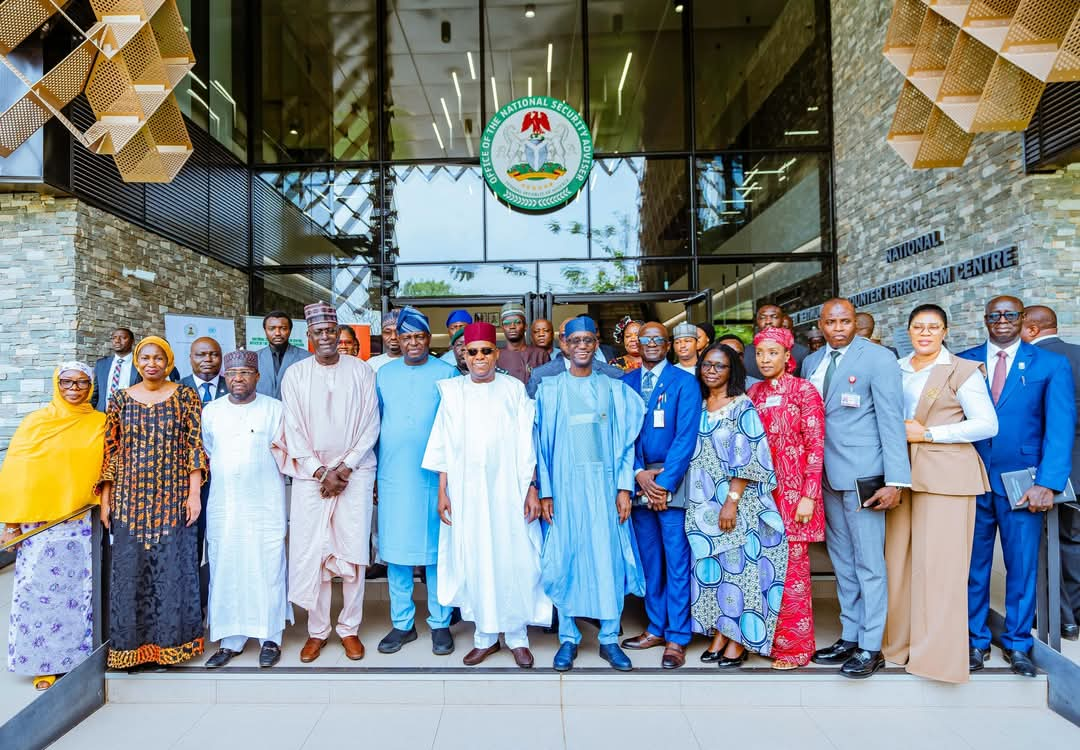
The global food system is on course to drive rapid and widespread ecological damage with almost 90% of land animals likely to lose some of their habitat by 2050, research has found.
A study published in the journal Nature Sustainability shows that unless the food industry is rapidly transformed, changing what people eat and how it is produced, the world faces widespread biodiversity loss in the coming decades.
The study’s lead author, David Williams from Leeds University, said without fundamental changes, millions of square kilometres of natural habitats could be lost by 2050.
He said: “Ultimately, we need to change what we eat and how it is produced if we are going to save wildlife on a global scale.”
The international research team was led by academics from the University of Leeds and the University of Oxford. The study estimated how evolving food systems would affect biodiversity and found that the losses were likely to be particularly severe in sub-Saharan Africa and in parts of Central and South America.
Michael Clark, another lead author from University of Oxford, said while conventional conservation tactics such as establishing new protected areas or introducing legislation to save specific species were necessary, the research underscored the importance of “reducing the ultimate stresses to biodiversity – such as agricultural expansion”.
The study examined the potential impact of making ambitious changes in specific regions or countries, from eating less meat to reductions in food loss and waste; increases in crop yields to international land-use planning.
The authors say this varied approach enables policymakers to identify which changes will have the largest benefit in their country or region, pointing out, for example, that raising agricultural yields would probably bring huge benefits to biodiversity in sub-Saharan Africa, but do very little in North America where yields are already high.
In contrast, shifting to healthier diets would have big benefits in North America, but it is less likely to have a large benefit in regions where meat consumption is low and food insecurity is high.
Clark said: “Importantly, we need to do all of these things. No one approach is sufficient on its own. But with global coordination and rapid action, it should be possible to provide healthy diets for the global population in 2050 without major habitat losses.”


